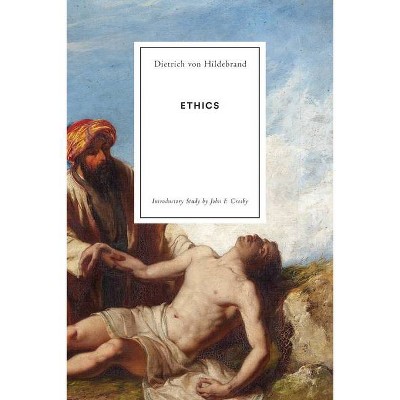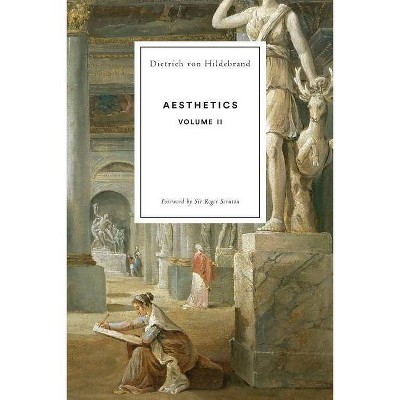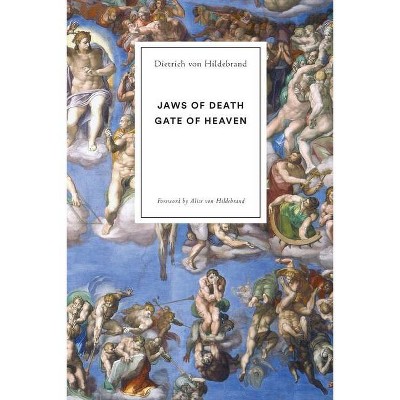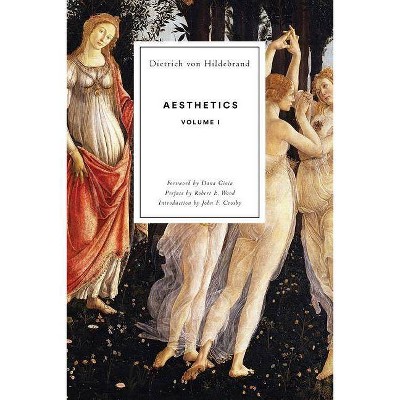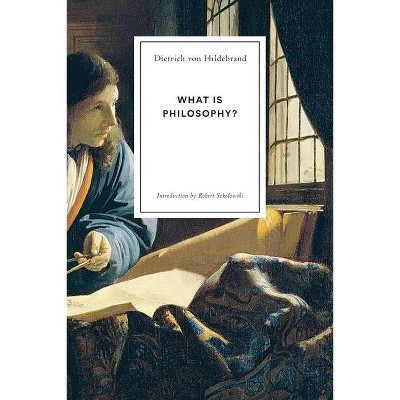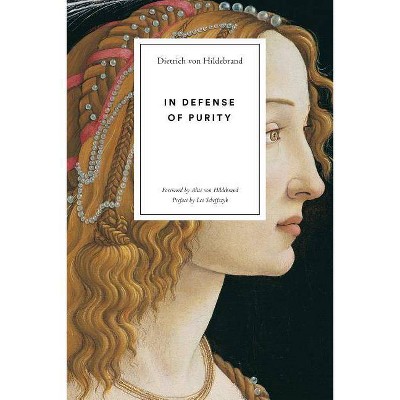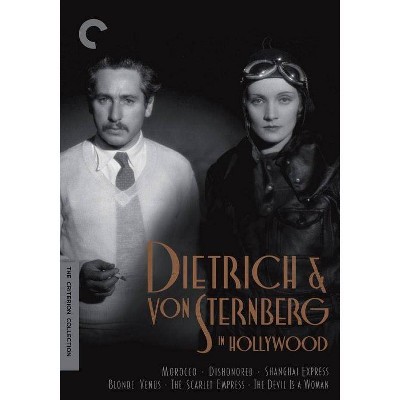Graven Images - by Dietrich Von Hildebrand (Paperback)
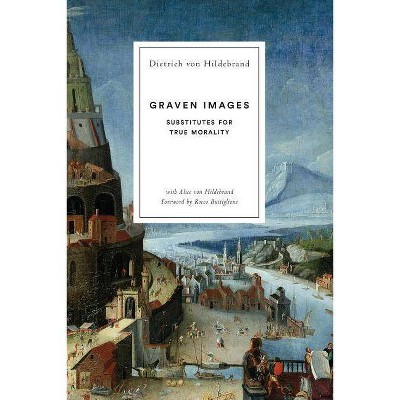
Similar Products
Products of same category from the store
AllProduct info
<p/><br></br><p><b> About the Book </b></p></br></br>Hildebrand provides a uniquely in-depth and astute analysis of the many ways we substitute false idols (the "graven images") for true Christian morality.r."<p/><br></br><p><b> Book Synopsis </b></p></br></br><p><strong>Dietrich von Hildebrand provides a uniquely in-depth and astute analysis of the many ways we substitute false idols (the "graven images") for true Christian morality. This is not a simple book on the differences between good and evil; most people do not replace true morality with pure evil, but with some other "extramoral" good, like "respectability" or "honor." Hildebrand guides us through these false alternatives, helping to show both what is good in them, but also where they fall short of the uniqueness of true Christian morality.</strong></p><p><strong>______</strong></p><p><strong>"When this book first appeared in 1957, it was a whirlwind of fresh air in the field of moral theology and philosophy. The novelty was first of all methodological: the attempt to go back to things themselves and to start an investigation that makes a direct appeal to the lived experience of the inquirer. The task of the philosopher is not that of reading books, combining them in different ways, and then producing a new book. The primary textbook of philosophy is human experience itself and the reader (or, rather, the listener) is called to make an active comparison between what is presented to him and what he experiences in his own life. Philosophy in this sense is not so much a doctrine as an activity: the textbook is human life itself. " -- Rocco Buttiglione </strong></p><p/><br></br><p><b> Review Quotes </b></p></br></br><br><p>When this book first appeared in 1957, it was a whirlwind of fresh air in the rather "wooden reiteration of the categories of Thomistic ethics" (Paul Ramsey) that dominated in the field of moral theology and philosophy in the Catholic universities. The novelty was first of all methodological: the attempt to go back to things themselves and to start an investigation that makes a direct appeal to the lived experience of the inquirer. This is one of the aspects that contributed most to the appeal of the first phenomenological school and was continued throughout the work of Dietrich von Hildebrand. The task of the philosopher is not that of reading books, combining them in different ways, and then producing a new book. The primary textbook of philosophy is human experience itself and the reader (or, rather, the listener) is called to make an active comparison between what is presented to him and what he experiences in his own life. Philosophy in this sense is not so much a doctrine as an activity: the textbook is human life itself: de te fabula narratur ("the story we are talking about is your own story"). -- Rocco Buttiglione</p><br>
Price History
Price Archive shows prices from various stores, lets you see history and find the cheapest. There is no actual sale on the website. For all support, inquiry and suggestion messages communication@pricearchive.us
